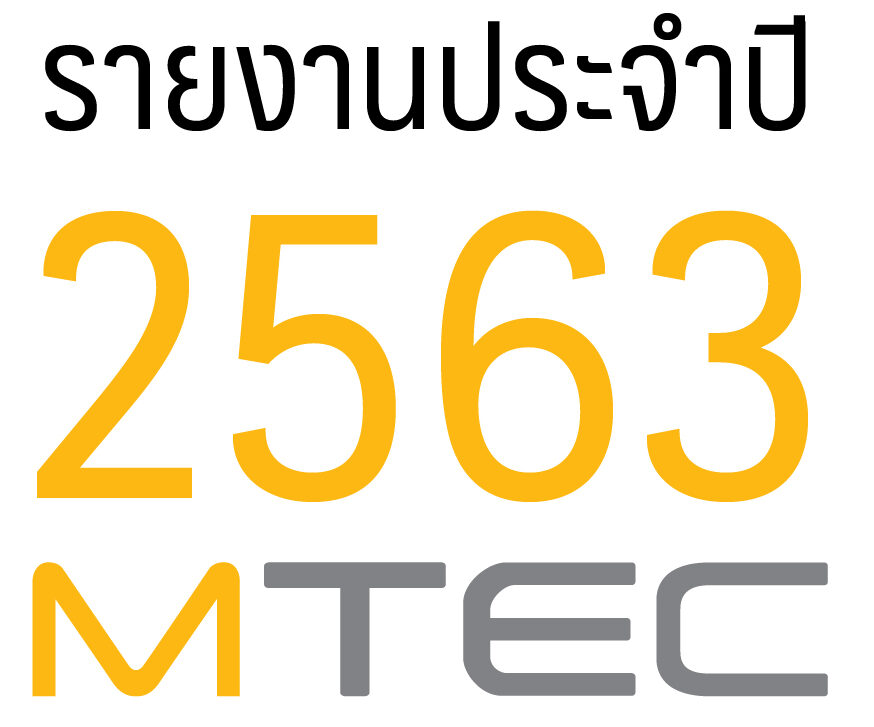The Office of Natural Resources and Environmental Policy and Planning (ONEP) is an agency under the Ministry of Natural Resources and Environment (MNRE). It has a mission to propose the policies and plans for the conservation and management of natural resources and environment of the country, as well as support the operations leading to effective implementation, close monitoring and reliable environmental impact assessment according to the EIA report. The ultimate goal is to strengthen the economy and maintain the sustainable development and people’s quality of life.
The Ministry of Natural Resources and Environmental (MNRE) has inaugurated the steering committee for Sustainable Development Goals (SDGs) of natural resources and environment, appointed to drive the 4 Sustainable Development Goals of the total of 17 goals set by the United Nations (UN), namely the SDG 12, 13, 14, and 15. The Office of Natural Resources and Environmental Policy and Planning (ONEP) is responsible for the SDG 12: Ensure sustainable consumption and production patterns and the SDG13: Take urgent action to combat climate change and its impacts.
Miss Nareerat Panmane, Director of the Strategy and Planning Division, said that the SDG 12 has multiple goals, such as poverty eradication, hunger elimination, food security and well-being, the conservation of natural resources and good environment, and energy conservation. ONEP had studied and followed up on the related operations of the government, private and public sectors for the status of the issues and the gaps needed to be closed to achieve the goals. This information is employed to devise a plan for the sustainable consumption and production in Thailand during 2017-2037. The process involved all sectors by adhering to the philosophy of sufficiency economy as a guideline of the sustainable consumption and production so that all related agencies will operate in the same direction.
ONEP had an opportunity to work with Assoc. Prof. Thumrongrut Mungchareon 11 Advisor of the Research Administration of the National Strategy, the National Science and Technology Development Agency (NSTDA), and learned that the National Metal and Materials Technology Center (MTEC) has a research team that studies the SDG 12 assessment methods and indicators. ONEP, therefore, had cooperated with MTEC to create a memorandum of understanding (MOU) of the Sustainable Development Goals 12: ensure sustainable consumption and production patterns, and develop a controlling system to evaluate the results of promoting sustainable consumption and production in Thailand.
It is aimed to be a system that gathers data from relevant agencies and assessed each of the SDG 12 indicators. For example, the Domestic Material consumption (DMC) requires data from more than 10 agencies and the data could reflect the trends and progress of Thai operations and can be used to develop the policy recommendations on relevant issues.
Furthermore, Thailand could apply the operation results to compile the Voluntary National Review (VNR) to present to other countries, which would show the intention of Thai government in achieving the Sustainable Development Goals.
Miss Nareerat Panmane said that MTEC research team had followed in-depth details on the progress of the methodology, the SDG 12 indicators, and the metadata.
The cooperation with MTEC ran out smoothly and the research results are in line with its plan and specified time frame. ONEP and MTEC had exchanged technical ideas and perspectives, as well as discussed the operational guidelines to be in accordance with Thailand’s context.
The coordination with various organizations particularly in the operation and the information to establish the SDG 12 indicators are either formal or informal, depending on the context. Moreover, the process was operated through the official correspondence, or the meeting, the additional knowledge and operational guidelines from international experts.
Lastly, Miss Nareerat Panmane said that at present, there are a large number of issues that link to the SDG and cover many dimensions, particularly in the areas of natural resources and environment that can apply the index or other indicators to rank the country, namely, the Environmental Performance Index (EPI). If MTEC can develop both knowledge and researchers, it will help further support the operation of relevant organizations. In considering the project approval, the Executive Committee of Technology and Informatics Institute for Sustainability (TIIS) also helps develop proper project proposals.
1 Assoc. Prof. Thumrongrut Mungcharoen, Advisor, National Science and Technology Development Agency (NSTDA)

